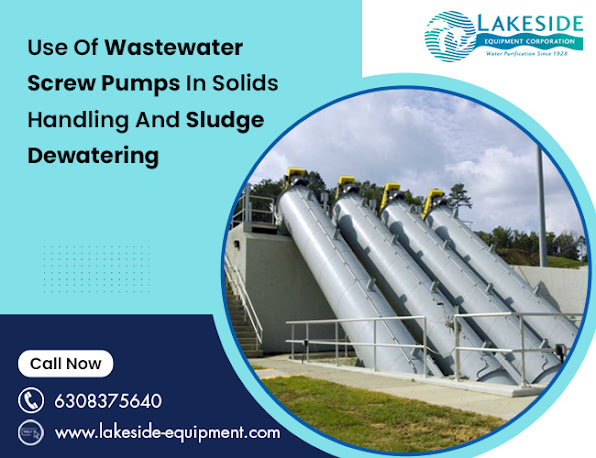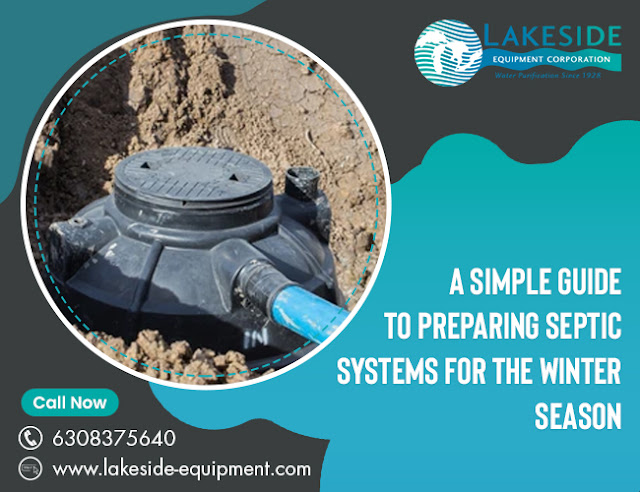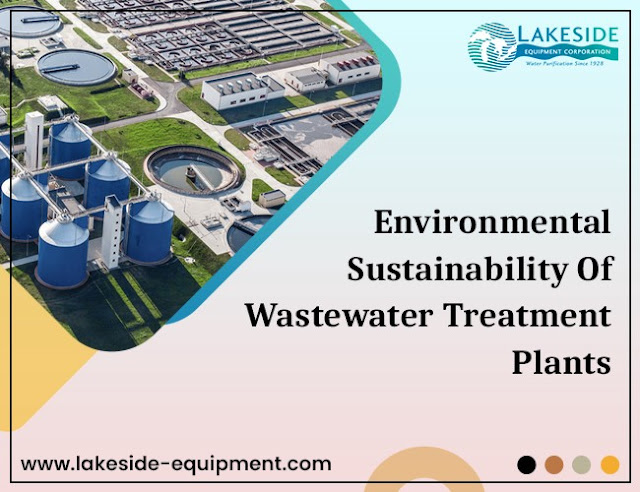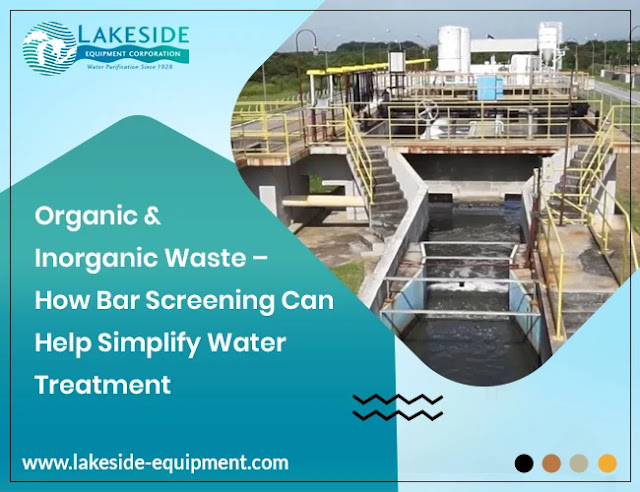The Benefits Of Wastewater Inorganic Removal For Industrial Applications

Wastewater inorganic removal is a crucial process that industrial plants and facilities need to undertake to comply with regulatory requirements and safeguard the environment. Inorganic contaminants such as heavy metals, salts, and acids pose a significant threat to aquatic ecosystems and human health. Wastewater treatment methods such as sludge screening systems and wastewater clarifiers can help remove these contaminants from the water before they are discharged into the environment. In this blog post, we will discuss the benefits of wastewater inorganic removal for industrial applications. Sludge Screening System For Wastewater Inorganic Removal Sludge screening systems are an effective wastewater treatment method that helps remove inorganic contaminants from industrial wastewater. The sludge screening system uses a series of screens and filters to separate the solids and liquids in the wastewater. The solids are then treated separately, and the liquids are further treated to remo...






